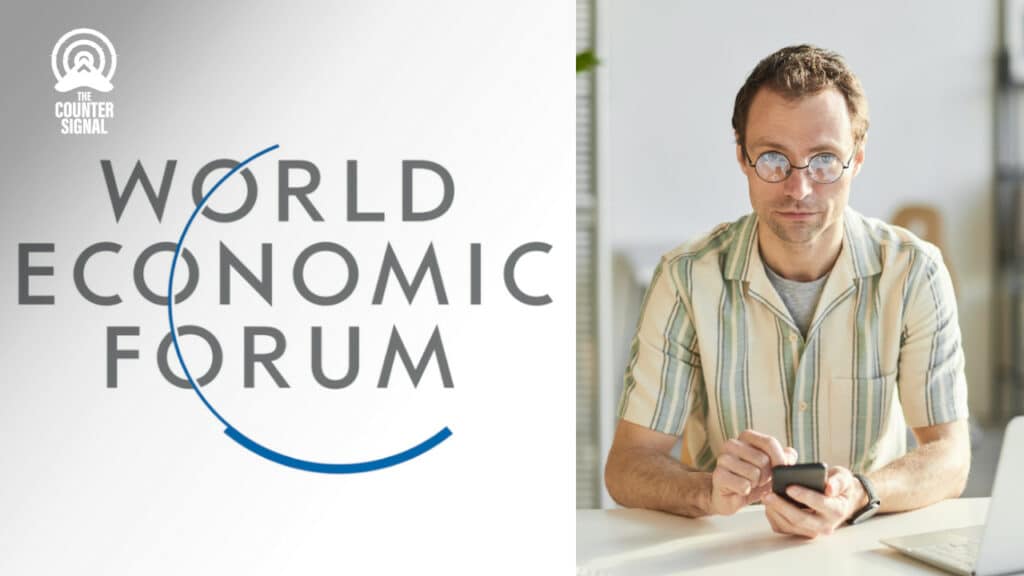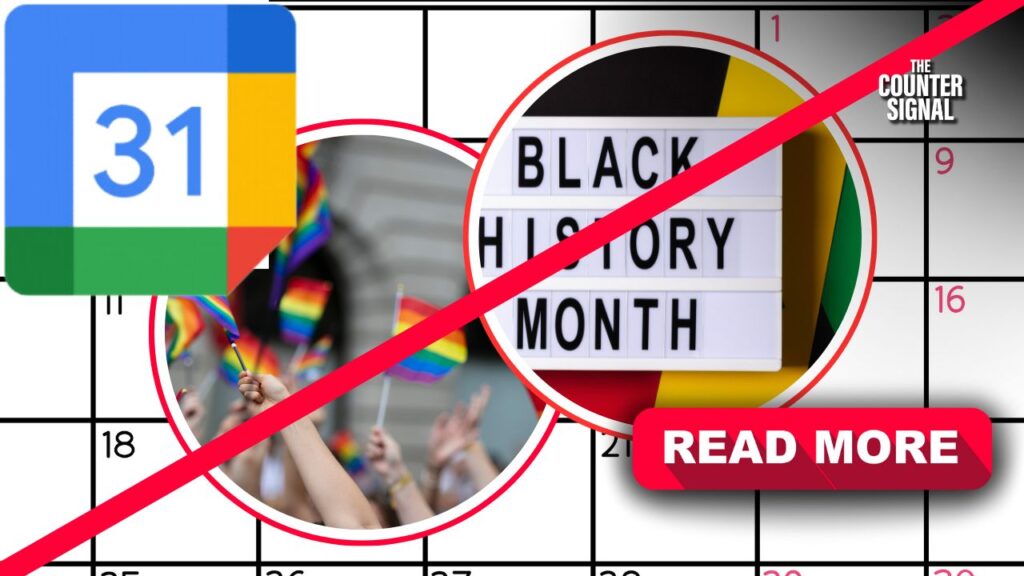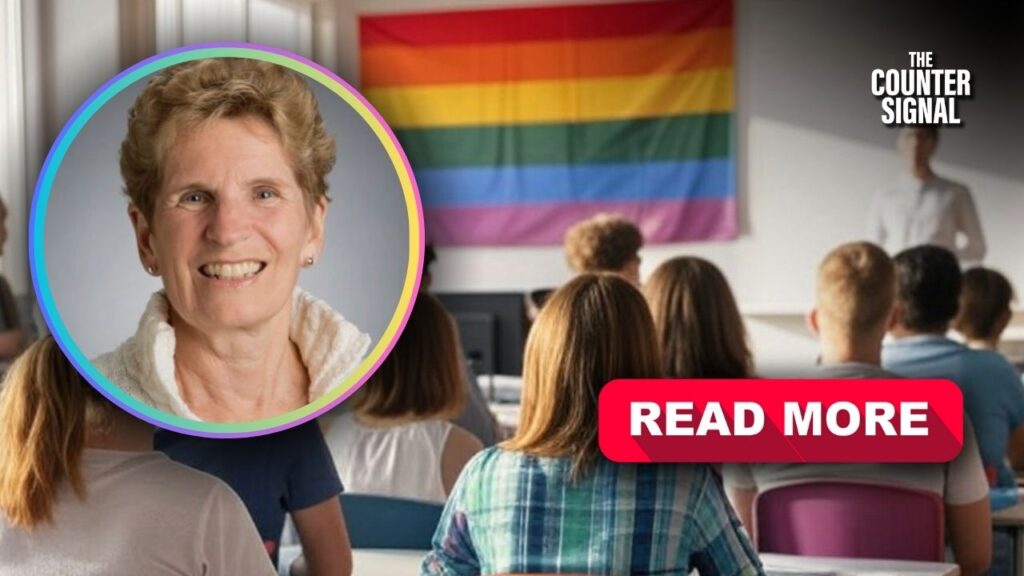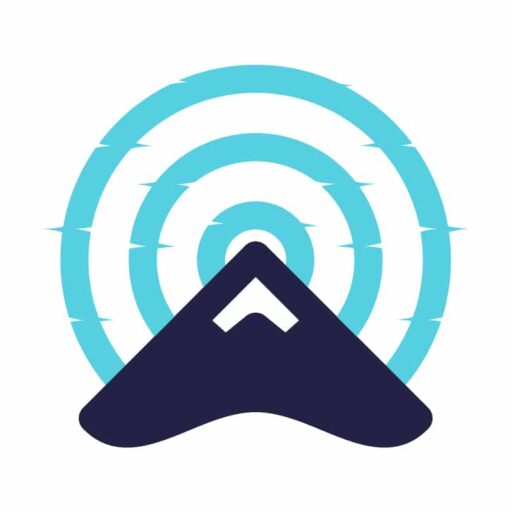The World Economic Forum (WEF) has promoted an app that tracks housework in a bid to address gender inequalities in household responsibilities and motivate men to contribute more at home.

The free app instructs users to input their daily tasks, from cooking and cleaning to childcare and yard work, allowing the app to generate a fair and balanced division of responsibilities.
The app is part of Spain’s equality ministry’s shared responsibilities plan, and is meant to highlight what the government calls “invisible work.”
“Cleaning the kitchen might take 20 minutes, for example, but there are other, less visible tasks behind this chore such as preparing meals or shopping for ingredients and cleaning products,” the WEF tiktok account states.
“Spain has a sizeable gender gap when it comes to housework,” it adds.
The WEF further claims that nearly half of Spanish women do the majority of the housework, compared to only 15% of men.
Among women with children in Europe, the WEF claims that 91% of women with kids spend at least one hour a day on housework, compared to just 30% of men with kids.
“No country in the world has yet to achieve full gender parity,” the WEF added.
A 2018 study revealed men in Spain work more hours than women in full-time jobs and in part-time jobs.
WEF wants to de-prioritize White patients
The WEF has also created an “equity” health initiative that prioritizes — and deprioritizes — patients on the basis of their ethnicity.
It’s called the Global Health Equity Network.
“New Zealand is pushing Māori patients up wait lists to fight inequality,” the WEF’s Tiktok account stated.
“The country is rolling out a new ‘equity adjuster.’ This uses 4 factors to decide patient priority.”
One of the priorities is ethnicity, which provides a different “score” depending on skin tone.
The score is then added up with other scores that patients are given according to their geographic location, level of deprivation, and time spent on the waiting list.









